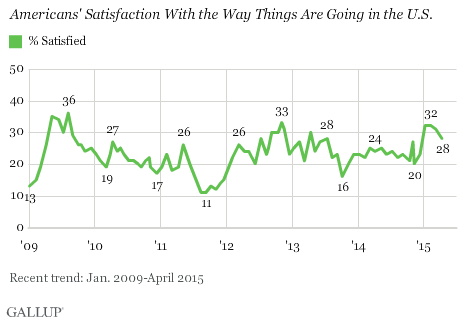Saturday, April 18th, 2015
Stephan: I spent 20 years of my life deeply immersed in the Soviet and, then Russian, American relationship. In doing that I came to respect only a few people who wrote about it. Most of the journalism and punditry was garbage. But there were exceptions and one scholar stood out, Stephen Cohen. Here is an example of what I mean; This article is the best assessment I have read of where things stand today.
We are making a hash of it of course. The Neocon imperialists who have shaped American policy for years,, the Cheneys, the Rumsfield, Abrams, Wolfowitzs begin from wrong premises, and arrive at wrong conclusions. Look at the hash they have made of things. And for most of the Congress it's all political posturing, "talking to the base" with no conception of the implications. But Cohen is the real deal, and he should be listened to.

Mikhail Gorbachev, Boris Yeltsin, Vladimir Putin
Credit: AP/Boris Yurchenko/Alexander Zemlianichenko
It is one thing to comment in a column as the Ukrainian crisis grinds on and Washington—senselessly, with no idea of what will come next—destroys relations with Moscow. It is quite another, as a long exchange with Stephen F. Cohen makes clear, to watch as an honorable career’s worth of scholarly truths are set aside in favor of unlawful subterfuge, a war fever not much short of Hearst’s and what Cohen ranks among the most extravagant expansion of a sphere of influence—NATO’s—in history.
Cohen is a distinguished Russianist by any measure. While professing at Princeton and New York University, he has written of the revolutionary years (“Bukharin and the Bolshevik Revolution,” 1973), the Soviet era (“Rethinking the Soviet Experience,” 1985) and, contentiously but movingly and always with a steady eye, the post-Soviet decades (“Failed Crusade: America and the Tragedy of Post-Communist Russia, 2000; “Soviet Fates and Lost Alternatives,” 2009). “The Victims Return: Survivors of the Gulag After […]
No Comments
Saturday, April 18th, 2015
Paul Krugman, Nobel Laureate Economist and Op-ed Columnist - The New York Times
Stephan: Like the Neocons the Austerity economists have been given their chance and have demonstrated one thing clearly: their economic theories and the policies that flow out of them are failures. As usual Paul Krugman sees through the crap that fills the business press, and government corridors. It is amazing how slow people are to learn, or more correctly how long they will hang on when their rice bowl is at risk.

Paul Krugman
Nobel Laureate Economist and Op-Ed Columnist
Credit: Twitter.com
BRUSSELS — America has yet to achieve a full recovery from the effects of the 2008 financial crisis. Still, it seems fair to say that we’ve made up much, though by no means all, of the lost ground.
But you can’t say the same about the eurozone, where real G.D.P. per capita is still lower than it was in 2007, and 10 percent or more below where it was supposed to be by now. This is worse than Europe’s track record during the 1930s.
Why has Europe done so badly? In the past few weeks, I’ve seen a number of speeches and articles suggesting that the problem lies in the inadequacy of our economic models — that we need to rethink macroeconomic theory, which has failed to offer useful policy guidance in the crisis. But is this really the story?
No, it isn’t. It’s true that Read the Full Article















